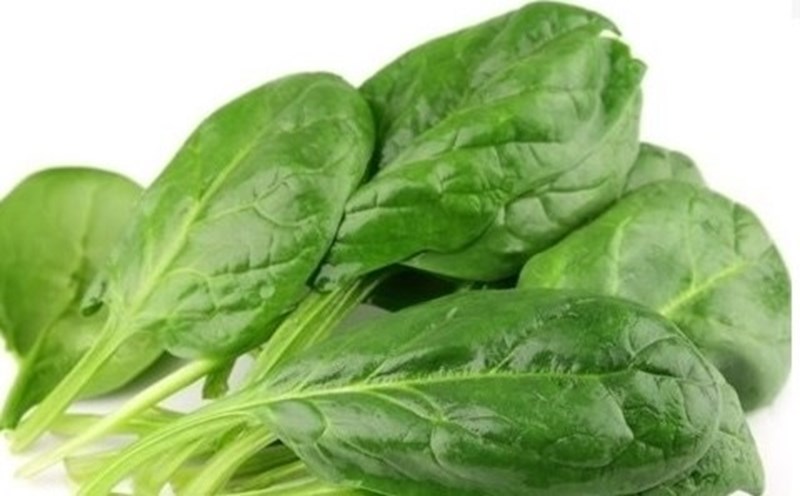One of the frequently asked questions is whether people with fatty liver disease should limit their egg intake. Studies by many leading health organizations in the world have shown that although eggs are a nutritious food source, people with fatty liver disease should limit their egg consumption.
First of all, eggs are a source of high-quality protein and contain many vitamins and minerals such as vitamin B12, selenium, choline and essential fatty acids.
According to the World Health Organization (WHO), an egg contains about 186 mg of cholesterol, mostly concentrated in the yolk. This is a significant amount of cholesterol, and for people with fatty liver, consuming foods rich in cholesterol can contribute to increased fat accumulation in the liver.
The American Heart Association also recommends that people at risk for heart disease and liver-related diseases limit their intake of dietary cholesterol. Fatty liver is closely linked to metabolic factors such as obesity, diabetes, and dyslipidemia.
Therefore, limiting the intake of foods high in cholesterol such as egg yolks may help control the progression of the disease and reduce the burden on the liver. High consumption of dietary cholesterol can increase blood fat levels and liver fat in at-risk individuals.
Diets high in saturated fat and cholesterol can contribute to increased stress on the liver, especially in people who already have liver problems. Egg yolks contain saturated fat in addition to cholesterol.
Saturated fat, when consumed in excess, increases the accumulation of fat in the liver, and increases the risk of hepatitis and cirrhosis if the disease is not well controlled.
Another factor to note is choline, an essential nutrient found in egg yolks. Choline is involved in the metabolism of fat in the body. A lack of choline can increase the risk of fatty liver, but conversely, if consumed in excess from egg yolks, choline can also cause unwanted disorders of the liver in people with the disease.
The use of choline from foods should be considered carefully in people with liver problems.
Finally, limiting egg intake for people with fatty liver does not mean complete abstinence, but instead, maintaining a balanced and reasonable diet.
A diet rich in fiber from vegetables, whole grains, and plant proteins will help reduce the load on the liver and help control fat accumulation.
According to WHO, reducing consumption of foods rich in cholesterol and saturated fat will help prevent the development of fatty liver and reduce the risk of complications.











